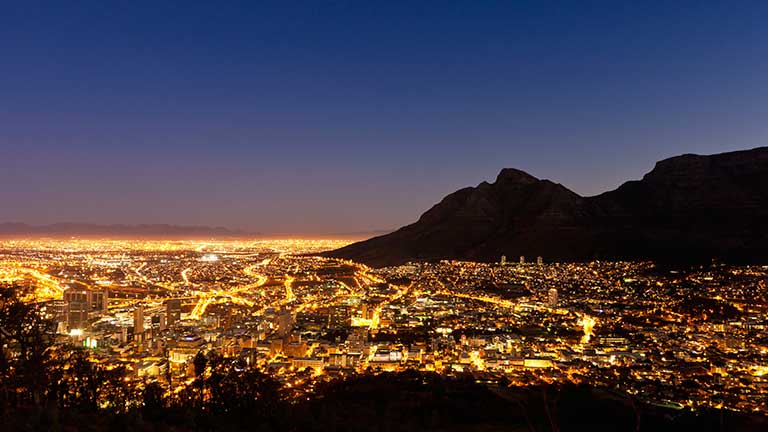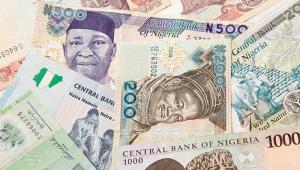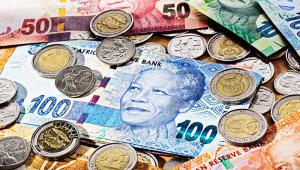ls_cape-town-south-africa_iStock_000019317362.jpg

Cape Town by night - Photo: iStock
Statistics South Africa, which published the official figures today, said this is the fastest quarter-on-quarter rise in economic activity since the fourth quarter of 2014. This is a far cry from predictions that the country was headed for recession on the back of the commodity price slump, political crisis and Brexit vote.
The SSA said the mining and manufacturing industries contributed to more than half of the uplift. The mining industry in particular grew by 11.8%, marking a strong rebound from its 18.1% contraction in the first quarter driven by the decline in the rand.
Manufacturing was also up 8.1%, compared to 0.6% growth in the first quarter, with the bounce back coming largely from the vehicle industry, which saw a substantial rise in exports.
However, in the agriculture and electricity, and water and gas sectors, performance was far less impressive.
The SSA said agriculture “continued its sickly run in recession territory, posting its sixth consecutive quarter of decline”.
The real value of the sector fell from R77.8bn ($5.55bn) in the fourth quarter of 2014 to R66.7bn ($4.76bn) in the second quarter of 2016.
The electricity, gas and water supply industries saw a 1.8% contraction, which the SSA attributed to subdued electricity distribution.
More broadly, the country’s ongoing energy crisis, which sees regular power outages or shortages, weighs on the entire economy’s productivity, competitiveness and performance.
While the country is out of the woods for now, year-on-year growth remains historically low at just 0.6%, and chronic unemployment remains an issue.
In July, the International Monetary Fund downgraded its growth predictions for South Africa from 0.6% to 0.1% and called for urgent reforms to address “deep-rooted structural bottlenecks” in areas such as infrastructure and skills.
Still, it is faring better than its main rival on the continent, Nigeria, which did fall into a recession in the second quarter of this year as predicted. South Africa reclaimed its title as Africa’s largest economy in dollar terms last month, after Nigeria knocked it off the top spot in 2014.













